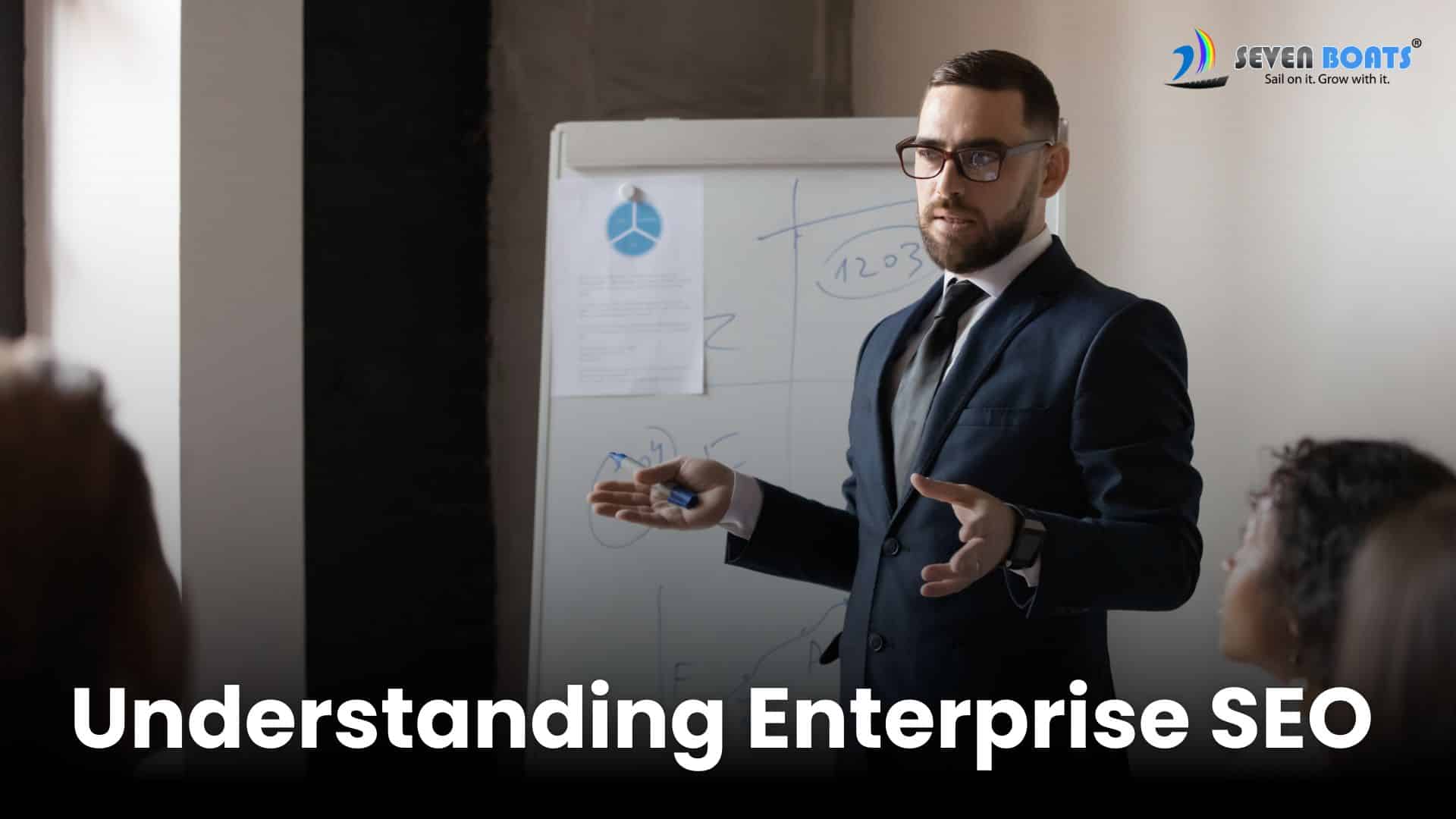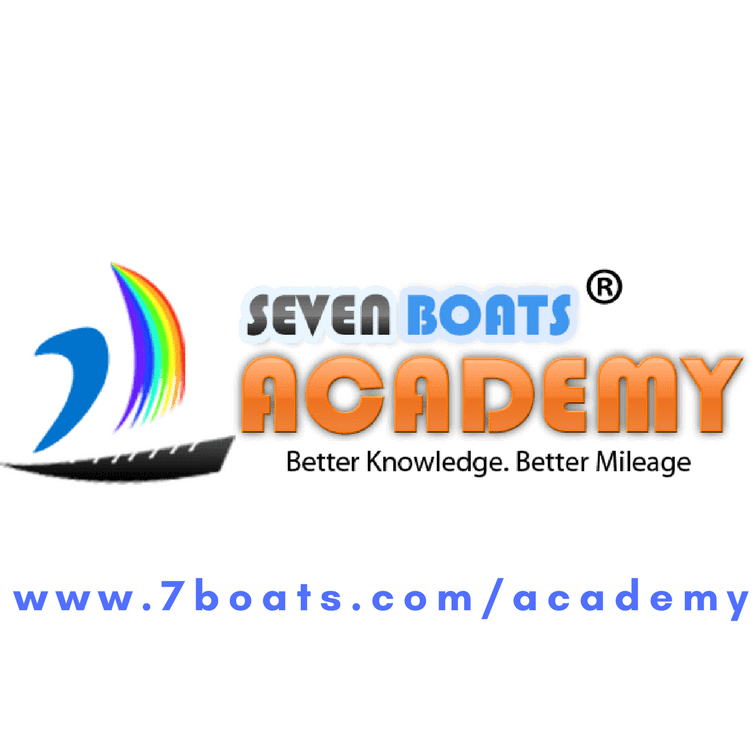
Introduction to Enterprise SEO
Enterprise SEO is the process of implementing SEO strategies on a large scale, typically for large companies with complex websites. These companies often have hundreds or even thousands of pages, and the goal of enterprise SEO is to ensure that these pages rank well in search engines, drive traffic, and convert visitors into customers. Unlike traditional SEO, which might focus on a smaller site or a local business, enterprise SEO deals with the unique challenges and opportunities that come with managing and optimizing large websites.
Key Components of Enterprise SEO
- Scalability: Managing and optimizing a vast number of web pages efficiently.
- Integration: Coordinating SEO efforts across multiple departments (marketing, IT, PR, etc.).
- Advanced Technical SEO: Handling complex site structures, ensuring crawlability, and addressing site performance.
- Content Strategy: Creating, optimizing, and managing high-quality content on a large scale.
- Data-Driven Approach: Leveraging big data and analytics to inform SEO strategies.
How to Execute Enterprise SEO
Setting Up the Right Team
Executing enterprise SEO requires a team of skilled professionals who can handle various aspects of SEO. This team might include:
- SEO Strategists: Develop and oversee the SEO strategy.
- Content Creators: Produce high-quality, SEO-friendly content.
- Technical SEO Experts: Ensure the website is technically sound and optimized for search engines.
- Data Analysts: Analyze data to inform decisions and measure success.
- Project Managers: Coordinate efforts across different teams and ensure timely execution.
Conducting a Comprehensive SEO Audit
Before implementing any changes, it’s crucial to conduct a thorough SEO audit to understand the current state of the website. This includes:
- Technical Audit: Checking for issues like broken links, duplicate content, site speed, and mobile-friendliness.
- Content Audit: Evaluating the quality and performance of existing content.
- Backlink Audit: Analyzing the site’s backlink profile to identify strengths and potential risks.
- Competitor Analysis: Understanding what competitors are doing and identifying opportunities to outperform them.
Developing a Robust SEO Strategy
An effective SEO strategy should be comprehensive and tailored to the specific needs of the enterprise. Key elements include:
- Keyword Research: Identifying high-value keywords that align with business goals.
- Content Strategy: Planning and creating content that addresses user intent and drives traffic.
- On-Page Optimization: Optimizing meta tags, headers, URLs, and other on-page elements.
- Technical SEO: Ensuring the site is fast, crawlable, and free of technical issues.
- Link Building: Developing a strategy to acquire high-quality backlinks.
- Local SEO (if applicable): Optimizing for local search results, particularly if the enterprise has multiple locations.
Implementing and Monitoring SEO Changes
Once the strategy is in place, it’s time to implement the changes. This should be done methodically to ensure accuracy and effectiveness. Key steps include:
- Prioritizing Tasks: Addressing the most critical issues first.
- Testing Changes: Implementing changes in a controlled manner and testing their impact.
- Monitoring Performance: Using analytics tools to track the impact of SEO efforts and adjust strategies as needed.
- Continuous Improvement: SEO is an ongoing process. Regularly review performance and make necessary adjustments.
Strategies for Large-Scale Success in Enterprise SEO
Emphasizing Technical SEO
Technical SEO is crucial for enterprise websites due to their size and complexity. Key areas to focus on include:
- Site Architecture: Ensuring a logical, crawlable structure.
- URL Structure: Keeping URLs clean and keyword-rich.
- Page Speed: Optimizing for fast load times.
- Mobile Optimization: Ensuring the site is mobile-friendly.
- Schema Markup: Using structured data to help search engines understand the content.
Creating High-Quality, Scalable Content
Content is at the heart of SEO. For large enterprises, this means developing a content strategy that can scale. Key tips include:
- Content Planning: Creating a content calendar that aligns with business goals.
- Content Creation: Producing high-quality, relevant content that meets user needs.
- Content Optimization: Using keywords strategically, optimizing meta tags, and ensuring readability.
- Content Maintenance: Regularly updating and refreshing content to keep it relevant.
Leveraging Automation and Tools
Automation can be a game-changer in enterprise SEO, helping to manage and optimize large websites more efficiently. Useful tools and techniques include:
- SEO Platforms: Tools like Ahrefs, SEMrush, and Moz for keyword research, backlink analysis, and rank tracking.
- Automation Tools: Tools like Screaming Frog for site audits and Botify for advanced technical SEO insights.
- Content Management Systems (CMS): Using a robust CMS to streamline content creation and management.
- Analytics Tools: Google Analytics, Google Search Console, and other analytics platforms to monitor performance.
Building a Strong Backlink Profile
High-quality backlinks remain a critical factor in SEO success. Strategies for acquiring backlinks include:
- Content Marketing: Creating shareable content that attracts natural links.
- Outreach Campaigns: Reaching out to industry influencers and bloggers for guest posting opportunities.
- PR Efforts: Leveraging public relations to earn media coverage and backlinks.
- Social Media: Promoting content on social platforms to increase visibility and attract links.
Fostering Cross-Department Collaboration
Enterprise SEO often requires collaboration across multiple departments. Tips for fostering effective collaboration include:
- Clear Communication: Establishing clear lines of communication between teams.
- Shared Goals: Ensuring all departments understand and align with SEO goals.
- Regular Meetings: Holding regular meetings to discuss progress and address challenges.
- Training and Education: Providing training to ensure all team members understand SEO best practices.
Differences Between Enterprise SEO and Local SEO
Scope and Scale
- Enterprise SEO: Focuses on large-scale websites with potentially thousands of pages. It requires managing complex site structures and large amounts of content.
- Local SEO: Targets smaller, localized audiences. It involves optimizing for local search terms and managing local listings and reviews.
Technical Complexity
- Enterprise SEO: Deals with advanced technical challenges such as site architecture, URL structure, and crawlability of large websites.
- Local SEO: While technical SEO is still important, it often focuses more on ensuring mobile-friendliness and optimizing local listings.
Content Strategy
- Enterprise SEO: Involves creating and managing content on a large scale, often with a focus on broad, industry-wide topics.
- Local SEO: Focuses on creating content that is relevant to a specific geographic area and local audience.
Link Building
- Enterprise SEO: Requires a robust backlink strategy to compete in a broader, often more competitive market.
- Local SEO: Emphasizes acquiring links from local websites, directories, and businesses to improve local search visibility.
Is Enterprise SEO Necessary?
Competitive Advantage
In a competitive online landscape, enterprise SEO is essential for large businesses to maintain and improve their search engine rankings. Without it, even well-established companies can lose ground to competitors who invest in robust SEO strategies.
Brand Visibility and Traffic
Enterprise SEO helps increase brand visibility and drive more organic traffic to the website. This is crucial for businesses looking to expand their online presence and attract new customers.
Improved User Experience
Good SEO practices also enhance user experience. A well-optimized website is faster, easier to navigate, and more likely to provide users with the information they need, which can lead to higher conversion rates.
Long-Term ROI
While enterprise SEO requires a significant investment of time and resources, it can deliver substantial long-term ROI. By consistently driving organic traffic and improving conversions, enterprise SEO can significantly boost the bottom line.
What Does Enterprise SEO Mean?
Holistic Approach
Enterprise SEO means taking a holistic approach to search engine optimization. It involves looking at the big picture and ensuring that all aspects of SEO are addressed, from technical SEO and content strategy to link building and data analysis.
Strategic Alignment
It also means aligning SEO efforts with overall business goals. This requires close collaboration between SEO teams and other departments to ensure that SEO strategies support broader business objectives.
Continuous Improvement
Finally, enterprise SEO means committing to continuous improvement. The digital landscape is constantly evolving, and successful enterprise SEO requires staying up-to-date with the latest trends and best practices and being willing to adapt strategies as needed.
By understanding what enterprise SEO is and how to execute it effectively, businesses can ensure they stay ahead of the competition, drive more organic traffic, and achieve long-term success. Whether you’re just starting with enterprise SEO or looking to refine your existing strategies, the tips and strategies outlined in this guide can help you achieve your goals.



0 responses on "Understanding Enterprise SEO: A Comprehensive Guide"